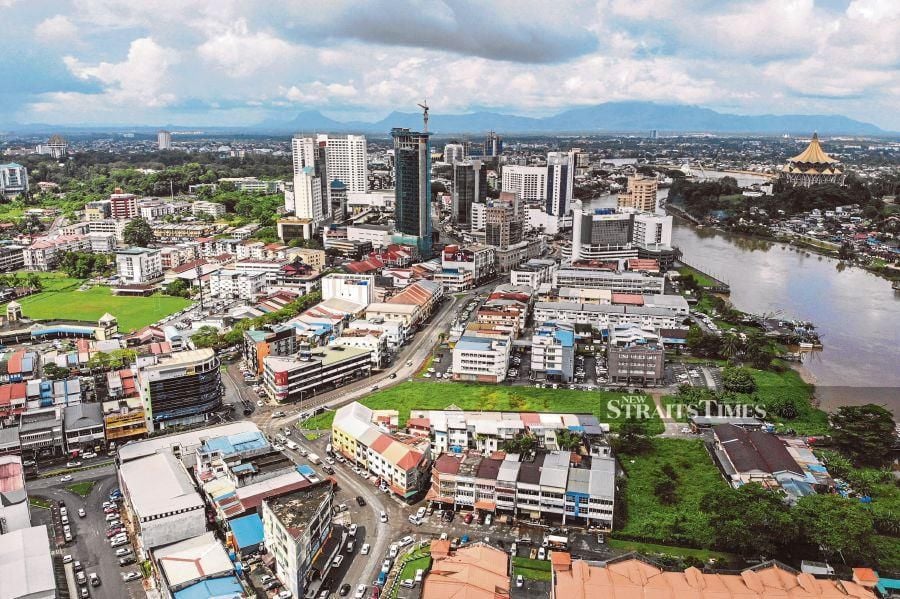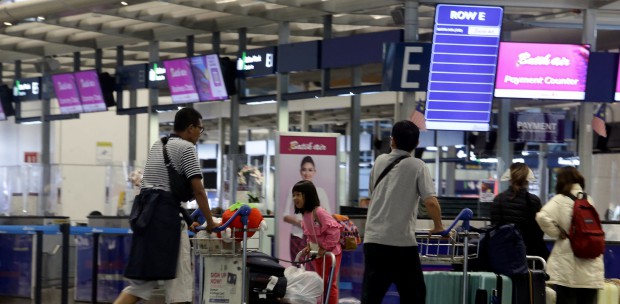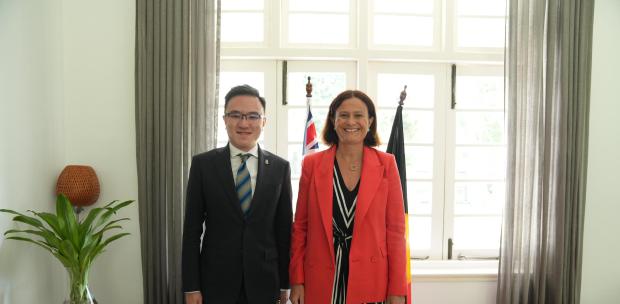The needs of Malaysians in Sabah and Sarawak continue to be front and centre, and — given the relative economic backwardness of both regions compared with the rest of the country — rightly so.
But each time the national budget allocations were unveiled in recent years, a rather predictable chorus will ring out. Allocations for Sabah and Sarawak are generally dismissed as "not enough".
The reflexive reaction is often little more than unsubstantiated generalisations, playing to a rather populist blame game that the Borneo states have been consistently neglected by the federal government.
Politicians from Sabah and Sarawak must resist this blame game that smacks of wanting the cake and eating it, too. For starters, most of them are now part of the unity federal government.
Gabungan Parti Sarawak even produces a deputy prime minister in Datuk Seri Fadillah Yusuf.
Criticising the federal government, of which both states are very much a part, is tantamount to an admission that they are mere bystanders in administering the country rather than being substantial stakeholders as they now are.
There must, therefore, be rightful ownership of what the federal government proposes instead of cheap grandstanding.
The national budget has always been a rather consultative process, and, if anything, political necessity in recent years has made it even more imperative that the budget gets extensive inputs, especially from key political actors who prop up the federal government.
There are also unique constraints placed on national budget of late, due largely to demands imposed on it following the pandemic of recent years. Ballooning deficits need to be kept in check, and when it comes to a call for sacrifice, national solidarity must come to the fore.
Any government will be seen as dysfunctional if its component parties start taking public pot shots when something as key as the national budget has been unveiled.
To be sure, any budgetary allocation will never be enough. A more pertinent question is whether any specific budget earmark is equitable and fair in the overall scheme of things. If not, enlighten the public as to why it is not.
A counterargument can be made to the general complaint about Sabah and Sarawak being marginalised by the fact that Putrajaya has been bending over backwards to accommodate the aspirations of both states of late.
The prime example of this is the ongoing Pan-Borneo Highway project, a mammoth public-works commitment by successive federal administrations and fully funded out of the federal coffers, unlike projects of the same scale in the peninsula, which were funded via public-private partnerships and paid off through toll collections.
As Fadillah recently explained in a media interview, the development agenda in the Sabah and Sarawak context must take into consideration not just the low population density but also their relatively large physical sizes. Also, he said, the expanse covered in peat soils in Sarawak means road construction costs can be as much as 20 per cent more than those in the peninsula.
All these major factors vastly complicate the picture as to why Sabah and Sarawak "lag behind" developments in the peninsula. The popular bogey of neglect by Putrajaya is no longer relevant and may be harmful to overall national interests, those of Sabah and Sarawak included.
As Sabah and Sarawak gain further ground in negotiations with the federal government over rights enshrined in the Malaysia Agreement 1963, the urge by regional politicians to advance the blame game will hopefully abate over time.
All will gain if a collaborative rather than a combative stance evolves between the federal government and Sabah and Sarawak. While it concerns all Malaysians to see that runaway budget deficits are held in check, similarly, there must be recognition by all that allocations for such sectors as education, health, policing and defence benefit the nation as a whole.
The writer views developments in the nation, region and wider world from his vantage point in Kuching
The views expressed in this article are the author's own and do not necessarily reflect those of the New Straits Times






